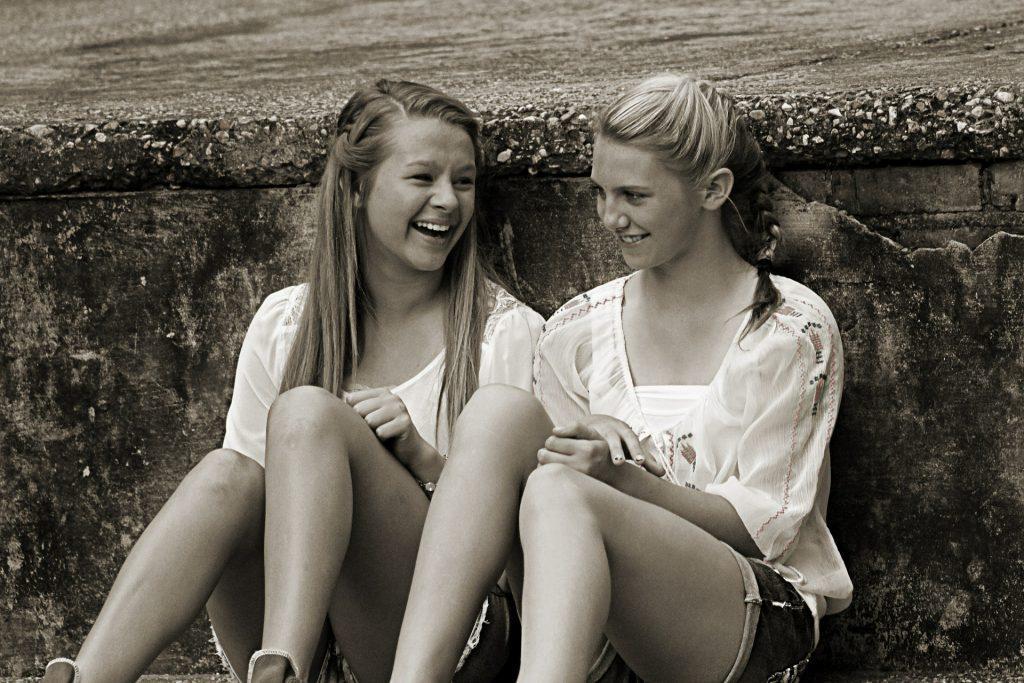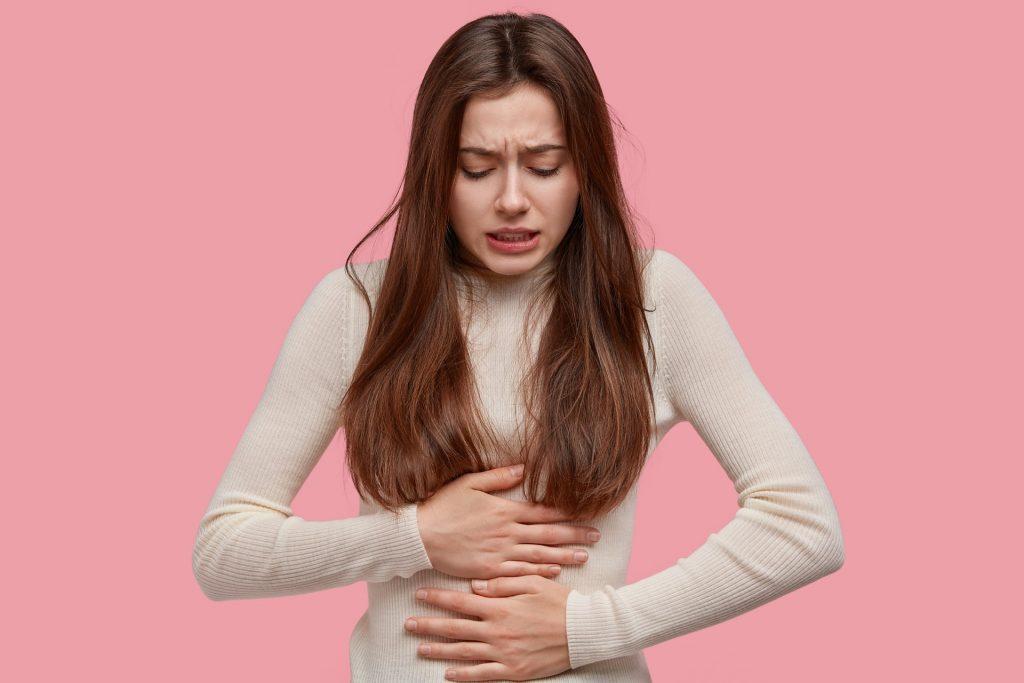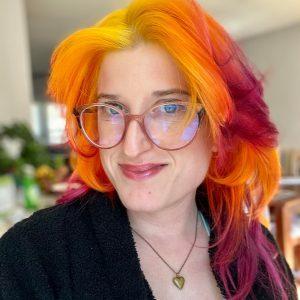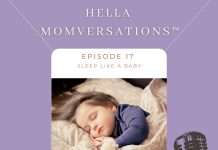
Like many young girls, growing up there were a myriad of topics we simply did not talk about. Periods, sex, mental health… If these things came up, they were lightly brushed away with nothing more than a hushed tone of voice and a quick word or two to quell my inquisition.
There are numerous reasons why withholding information can be detrimental to growth and development, and equally as many reasons why knowledge is indeed power. If we don’t know what we don’t know, then how are we to reach our true potential? If we don’t know when something is wrong, how will we know that things could be better? If we are constantly stonewalled when seeking answers, will we one day simply settle for a quiet existence of yearning for comprehension or proficiency in the knowledge of the world in which we reside? Will we simply learn to settle for less?
What a tragedy to allow lack of knowledge and lack of understanding to hinder the advancements of a life just beginning to unfurl.
From the start of puberty, well really even before then, I had virtually no understanding of how my body worked or what it meant to biologically be female. I knew that my body was often deemed shameful and I was meant to live a life of purity, whatever the hell that meant. I knew nothing about sex but just knew that it was a dirty word, and something for which I could burn in hell should I choose to engage in its nefariousness. The only problem was how could I make sure I avoided doing something if I had no idea what that something was. Anyway, that’s a story for another day, this story is about menstruation.
When I finally got my period I was horrified. I was so incredibly unprepared. But worse than that I was uninformed. And this lack of information lead me to believe that my experience was anything other than normal. I heard stories about girls my age celebrating their transition into womanhood, meanwhile, I felt immense shame and couldn’t seem to handle the massive pain, and the massive amounts of blood I was losing each month. I couldn’t handle never being able to tell when my period was coming. I watched all of my peers and thought about all of the women I knew, they seemed to go about their daily lives seemingly unfazed, meanwhile, I was a disaster. I was always tired (turns out I was anemic). I lost count of the number of times I bled through clothing at school. I lost count of how many times I would wake up to blood-soaked (soaked not soiled) sheets. I felt completely out of control with my emotions and the pain, oh my god the pain. The pain was excruciating, I missed school and later work. Tampons were so painful and did they count as doing something impure, I wondered? I never questioned what I was going through I just pushed through. What a shameful female I was, I thought to myself. I couldn’t even handle the most basic of bodily functions. I felt like I was dying while others girls simply complained of a cramp or two. “A cramp”, I thought! “A CRAMP” This wasn’t like the cramp in your side when you run too fast in gym class. This wasn’t something fixed with a heating pad, deep breathing, drinking water, or even taking Motrin. This was the worst pain I had ever experienced, “How weak you must be.” I would think to myself. I remember bleeding through bedding while on vacation one time despite overnight pads and waking up to change them in the middle of the night. I was mortified. I still thought this was normal and that I simply wasn’t managing this part of my existence properly. I thought it was my fault. I was the problem. I was less than.

By the time I was 19, I was missing so much work and I was so tired I knew something needed to change.
My OBGYN at the time was quite frankly tired of listening to me complain, and begrudgingly she agreed to do explorative surgery to prove to me that nothing was wrong, I just had heavy periods and needed to prepare better. She suggested anti-anxiety medication to manage my “fears” about my period each month. The explorative surgery gave me an answer… endometriosis. But it would still be years before I found my “cure”. I was prescribed various painkillers, and eventually, a drug called Lupron to put my body into an induced menopausal state. I was 19 and experiencing menopause with no explanation, no guidance on what to expect, and no empathy from any provider. I was scared, I was confused, I was an emotional disaster, I was in pain, and I still felt like it was all my fault. “The doctor said this is common.” I thought to myself. “So why am I the only one who can’t seem to get a grip on it.” I tried various birth controls and IUDs – some worked better than others. I dealt with this for nearly another decade and then something in me was awakened. I discovered more about the human body, the female body! I began to understand what it did and what it could do especially when it was operating in a functional manner. I understood where my issues were stemming from and realized that what I needed was someone to assist my body in healing and balancing out my hormones. It took years for me to be comfortable talking about my period. And the more I opened up, the more I learned, and the more I learned, the more I realized that my experience was so far from normal.
Now at 31, I have worked with a homeopathic doctor to balance my hormones, there are certain things I try to limit in my diet, I understand the importance of exercise, and I can tell when my medication (birth control) needs to be adjusted and a quick call to my OBGYN has it fixed in a day or two.
My period is painless. It lasts 2-3 days and is completely manageable.
Once I realized the difference between a normal menstrual flow and what I had been experiencing since 13 years old, I realized exactly why I had not been capable of managing my periods. The periods I was experiencing were so far off from being manageable! It wasn’t my fault. This was such a freeing realization.
Odd though it may seem to some, I actually celebrate the regularity of my menstrual cycle.
It has morphed from being something I feared and loathed to something I greet each month with gratitude and gentle acceptance. It is a part of me that I have grown to love, and knowledge made that happen.
This is why it is so important for women, people really, to talk bout their bodies. Talk about their experiences. Bodies and bodily functions are not shameful or taboo, and they deserve to be spoken about, understood, and celebrated. Young girls need to be encouraged by the adults around them. Young girls need to be informed about their bodies. Young girls need to be encouraged to speak up, to ask questions, and to seek answers.
For me, a lack of understanding trapped me in a life of pain and shame. Knowledge released me into the beauty that my body was capable of.
_______________________________________________________________
 Jillian is a writer, author, speaker, mental health advocate, and mother of two with a background in social work. She runs Moms For Mental Health, a group of nearly 4 thousand members seeking to offer personal support and referrals for those facing mental health struggles. She runs support groups for teens, youth, and women. She has been actively involved in mental health legislation including the passing of a law regarding suicide prevention. She is a board member for National Alliance for Mental Illness (NAMI) Anne Arundel County, and has been featured on/in Psychology Today, Shape, NBC, Chesapeake Family, What’s Up Annapolis Magazine, Capital Gazette, Bay Weekly, WTOP, Washington Times, Washington Post, CBS Local, and more. Her new period poverty/sex education book for youth will be available soon!
Jillian is a writer, author, speaker, mental health advocate, and mother of two with a background in social work. She runs Moms For Mental Health, a group of nearly 4 thousand members seeking to offer personal support and referrals for those facing mental health struggles. She runs support groups for teens, youth, and women. She has been actively involved in mental health legislation including the passing of a law regarding suicide prevention. She is a board member for National Alliance for Mental Illness (NAMI) Anne Arundel County, and has been featured on/in Psychology Today, Shape, NBC, Chesapeake Family, What’s Up Annapolis Magazine, Capital Gazette, Bay Weekly, WTOP, Washington Times, Washington Post, CBS Local, and more. Her new period poverty/sex education book for youth will be available soon!

















